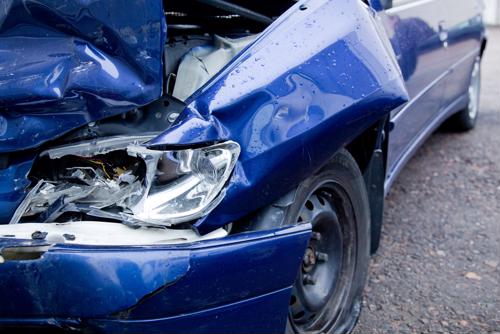Dearborn, MI – Dec. 29, 2017 – The Ford Motor Company recently announced a recall of more than 300,000 of its Ranger light pickup trucks over concerns that passenger air bags could have degraded over the years since they were produced, according to a defect filing made with the National Highway Traffic Safety Administration. The recall includes 2004-2006 Ford ranger pickups.
Recall Summary
These air bags were made by a company called Takata, and used a chemical called PSAN as an inflator accelerant in the event of a crash. However, exposure to extreme conditions could have led that gas to degrade the air bags’ structural integrity over time. This is the third recall of affected vehicles, the first of which brought owners a temporary solution for the issue and the second broadened the scope of the initial action.
Ford is unsure how many of the hundreds of thousands of vehicles in the recall are affected by this issue. All these Ranger pickups were produced from March 24, 2003 to May 4, 2006. Mazda is currently undergoing a recall for late-model light trucks over the same issue as well.
Due to the potentially corrosive properties of the ammonium nitrate gas PSAN in conditions with extreme temperature, humidity and so on, the inflators for passenger frontal air bags in the affected Ford Rangers could rupture in the event of a crash that leads to deployment of those air bags.
As a consequence, metal fragments could launch into the passenger compartment at potentially high speeds, greatly increasing the risk of injury or even death.
Ford previously issued a recall for these vehicles in 2016, and this action is intended to provide a final fix for the problem. The issue was first noted in May 2015, when Takata submitted a noticed to the NHTSA about the air bag inflator issue, which prompted Ford to examine the potential effects on its own vehicles.
On May 26, 2015, Ford’s Field Review Committee completed its investigation of the issue and approved the recall action.
The recall filing for the final remedy to the air bag problem was issued Dec. 11, 2017.
The repair
Owners will be notified by mail about the recall and will be instructed to take their late-model Rangers to a local Ford or Lincoln dealership where the frontal air bag inflators will be replaced free of charge. However, the automaker is not including reimbursement plans as part of this recall because it would have been covered by the original warranty.
Dealers were notified of the recall Dec. 12, 2017, and owners were slated to receive notifications by mail in phases between Dec. 26, 2017, and March 31, 2018. The first phase of notifications was only slated to last from Dec. 26 to Dec. 31.
Is your vehicle part of the recall?
Over 300,000 vehicles were originally part of this Ford Ranger recall. As of April 9, 2021 – the last date information was available – 164,779 airbags had been replaced. To see if your car still needs to be repaired, use MotorSafety’s free lookup tool.


